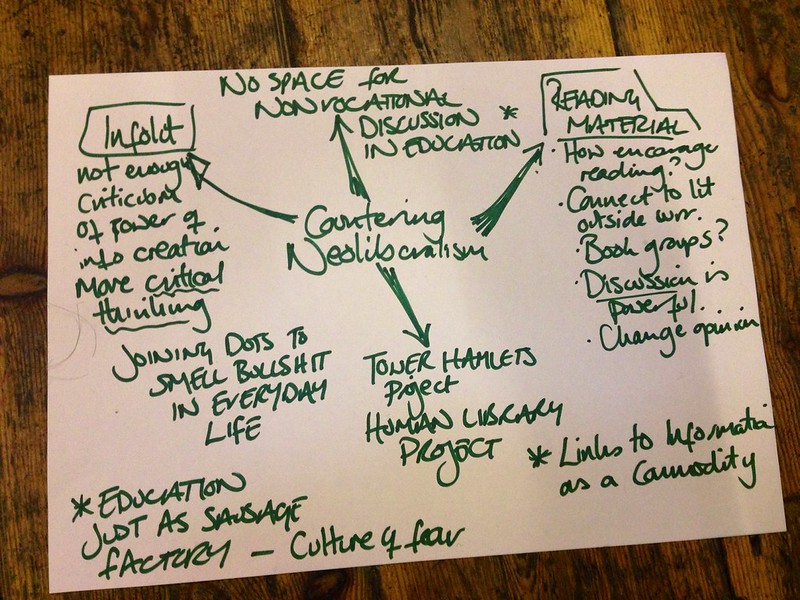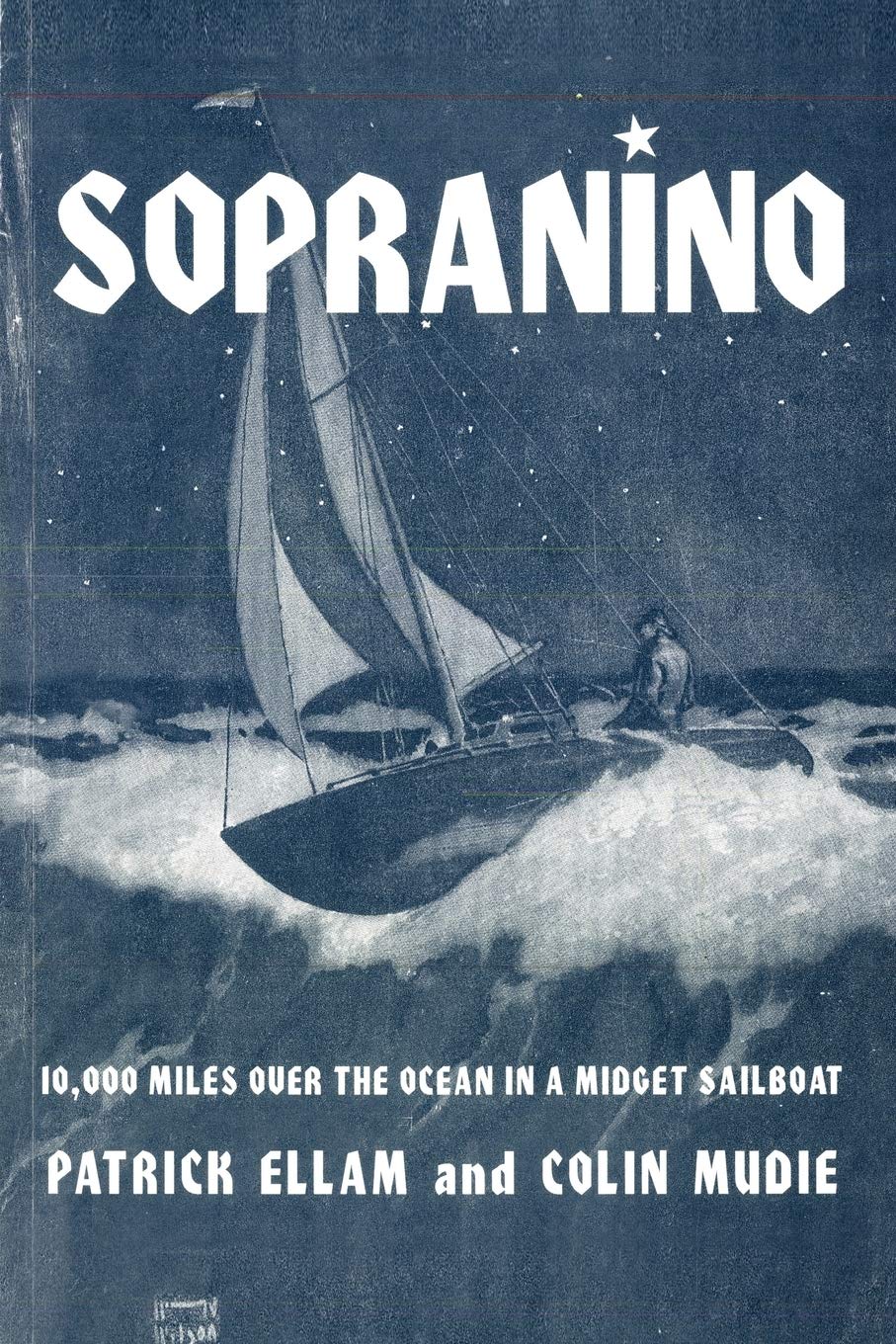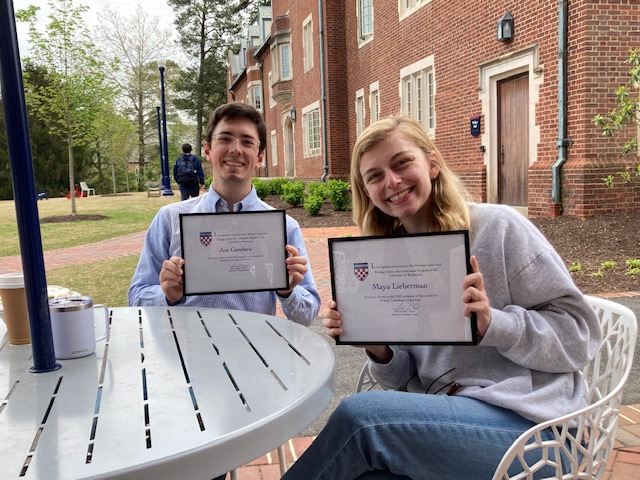 After “propinquity” last time, I found myself using another p-word. This one could be from Edith Wharton’s novels, but I used it long before I read anything by her. In fact, I think I acquired it early in my undergrad career at Virginia.
After “propinquity” last time, I found myself using another p-word. This one could be from Edith Wharton’s novels, but I used it long before I read anything by her. In fact, I think I acquired it early in my undergrad career at Virginia.
It’s not uncommon for students to pick up words that make them sound more academic, but our word serves a number of purposes really well. The term has Latin roots but its nearest ancestors are “Anglo-Norman pernicious and Middle French pernicieux,” as the OED tells us. Their definition notes an early relation to illness, too. You may have heard a doctor speak of a particularly pernicious infection.
And yet. I have this pernicious habit in late summer of NOT wanting to go back to work. Do you? Yet as soon as classes begin (and my procrastination ebbs) I really begin to enjoy myself on campus again. In that sense, pernicious means harmful or destructive. I harm my sleep habits, my mood, my schedule by delaying the inevitable (that syllabus will be ready any minute now).
Are there other things near you that are pernicious? I do not think weeds are that, even ones like Poison Ivy. Being pernicious requires agency. For some weeds that are both invasive and difficult to eradicate, I’ve heard “Noxious,” another word I adore.
What pernicious habits do you have (keep replies safe for work, please!). And do you have words or metaphors for this blog?
Send them to me by e-mail (jessid -at- richmond -dot- edu) or leaving a comment below.
See all of our Metaphors of the Month here and Words of the Week here.
Sloth in tree courtesy of Wikipedia.








